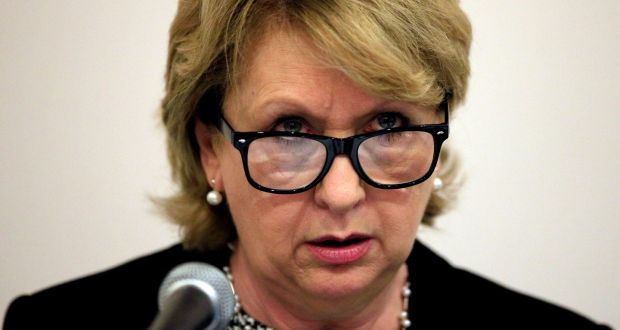Former president of Ireland Mary McAleese has said that for synodality and the Church to work in the future, it must accept the UN’s ‘Universal Declaration of Human Rights’.
Mrs McAleese was speaking at the ‘Root and Branch Synod’ in Bristol on September 10, which was organised by lay Catholics. Her keynote lecture was titled ‘No synodality without freedom of speech: canon law must acknowledge the human rights of Church members’.
She said: “Synodality will only work, in fact the future Church will only work, if it is firmly set in a context where there is unequivocal acceptance that Church members are entitled within the Church and all its laws and processes, including synods, to the inalienable human rights set out in ‘The Universal Declaration of Human Rights’ of 1948…the equality of men and women, and their intellectual rights to freedom of expression, speech, thought, opinion, belief, conscience and religion, including the right to change religion. Church canon law currently imposes limits and restrictions on all those rights.”
Mrs McAleese said that lay people have been consistently “frozen out and episcopal power even more strongly consolidated during the 20th and 21st centuries, the very centuries that have seen the emergence of a massified educated laity and which were supposed to see a wide conciliar embrace of the lay charisms”.
She said that the Church continues to teach that “that the magisterium has the unchallengeable right to restrict your rights and mine as Church members”, despite the UN’s declaration on human rights.
Regarding Baptism in this context, Mrs McAleese said: “It says it can legitimately do so because of personal promises we made at Baptism which imposed on us compulsory life-long obligations of Church membership.”
She added that “fictitious baptismal promises made by non-sentient babies… can no longer be relied on to justify depriving Church members of their inalienable human rights”.
Read more here – The Gospel not the law must reign supreme in the Church


 Chai Brady
Chai Brady Former president Mary McAleese
Former president Mary McAleese 